We went through this election season in our own bubbles – self-selected media networks reflective our political preference, social media sites with friends “like” us, and other various online sources of our choice – where we selectively chose facts, opinions, or conspiracy theories. We have become insulated in our selected networks of like-minded people with no links to “the other side.” There was a “fracture” in our information environment where we constantly reinforced our views and opinions with other like-minded people. Until the end, we thought the polls reflected the likely outcome of this year’s election. We now know polls were off in predicting the likely winner of this year’s presidential election partly because they underrepresented likely Trump voters in their sampling and partly because the respondents were not truthful in expressing their preference, in particular, in expressing their support for Trump.
One factor that fueled the fracturing in this year’s election was increasingly emotional thought and behavior. As I discussed in a previous Brookings post, people faced with information overload tend to shift their medium of information from long texts (such as books, full newspaper or magazine articles) to condensed information such as video (YouTube, Livestreaming, etc.) or short texts (Twitter and the like). In other words, we stopped reading and began watching. As Marshall McLuhan once coined, “The Medium is the Message” and this change in the medium of information and communication change the way people think.
In this case, shifting from reading texts to watching video influences thinking from rational to emotional. That is, assuming there is a unit of information to be conveyed, acquiring that information from reading long texts will prompt people’s rational thinking while watching a video will, in addition to rational analysis, facilitate emotional reaction depending on how the information was presented visually. To give an example, the people who read about the recent devastation of Hurricane Matthew in Haiti may have a different reaction than they would from watching a video showing the devastation. The people who viewed the video footage will have more emotional and amplified reaction, such as more donations to the country, when compared to those who read about it in a newspaper article.
Our current information environment is dominated by visual information and this was mainly used to incite anger and distrust toward the other candidate. Both sides were angry at each other for various reasons, some based on facts, some not based on facts, and some based on conspiracy theories. Pictures and videos of the candidates with short political messages (such as memes) aimed at rousing anger or deriding the other candidate dominated social media and fueled an already high level of anger and distrust. Once anger took over in our decision making and was constantly reinforced through images, no facts mattered anymore. Imagine you are in an argument with your spouse and you are angry, would any ten-point list of why-you-are-wrong presented by your spouse work? Once people are emotionally aroused, facts and reason takes the backseat and in our condition of information overload where we can selectively choose information to our liking.
When our beliefs and angers are constantly reinforced within our own bubbles increasing political polarization in our country reaches the point of outright fracturing. Business Insider recently visualized the increasing divide in the Congress from 1949 to present date. Here, what once looked like polarization now looks more like a fracture with almost no collaboration between two political sides. In polarization, there still is a middle ground where the two opposing ends meet, but in a fracture, the link between the two sides is severed.
To bridge this divide, the president-elect should not only consider the issues important to his supporters in his policy decision making, but also issues important to the supporters of other candidates. Fracturing will only begin to subside when some of the fundamental problems important to both sides are addressed. The mindset of ‘we won this election, so we will have it our way this time’ will worsen already severe division in this country and will truly accelerate the decline of American democracy.
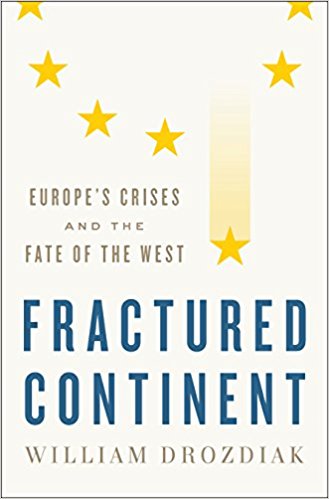
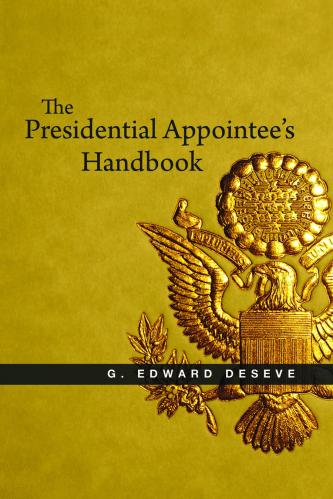
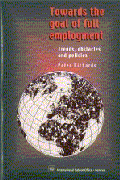
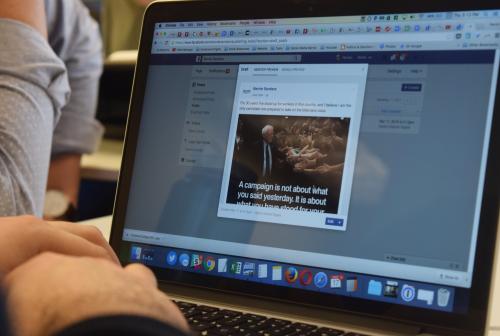
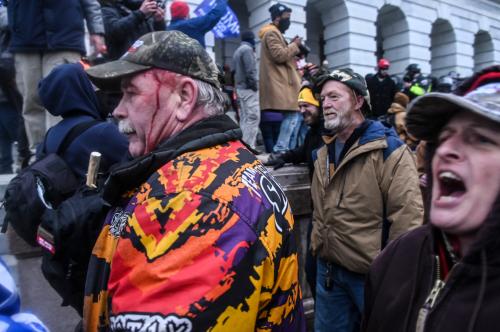
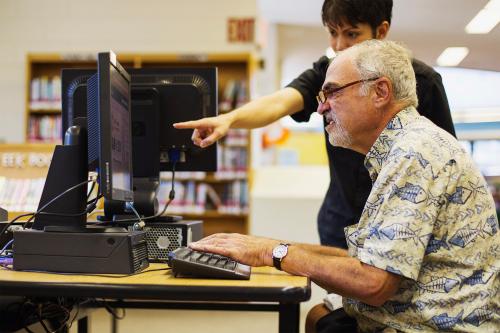


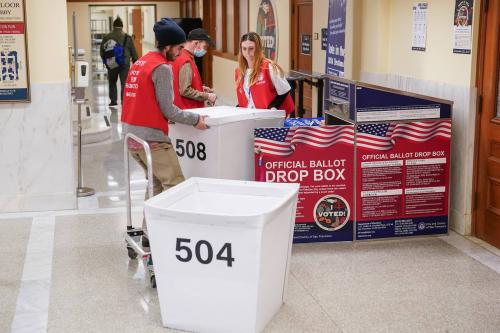
Commentary
2016 election results exposed a fractured media landscape
November 23, 2016